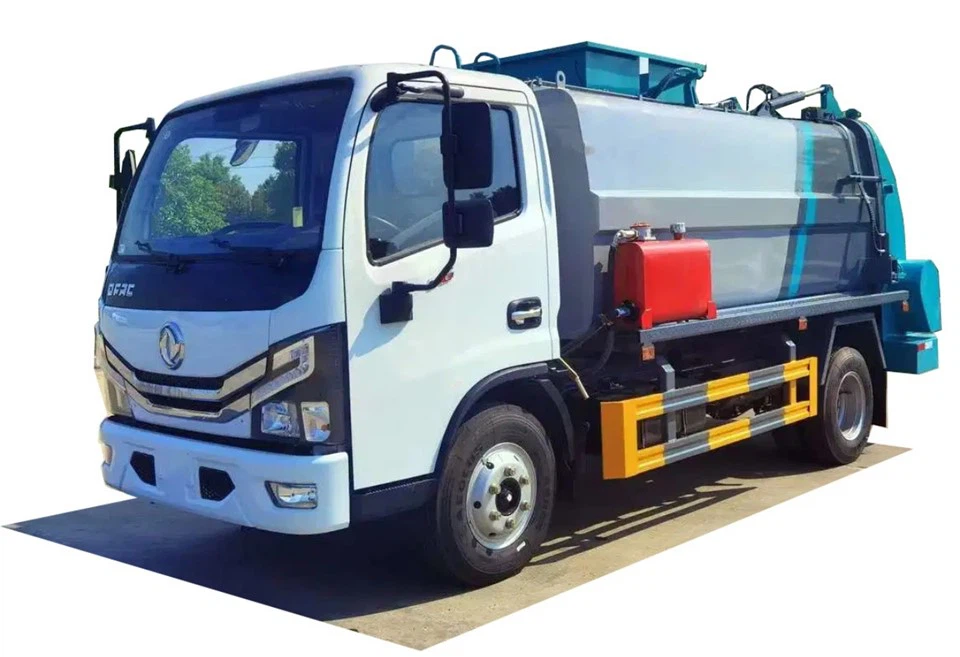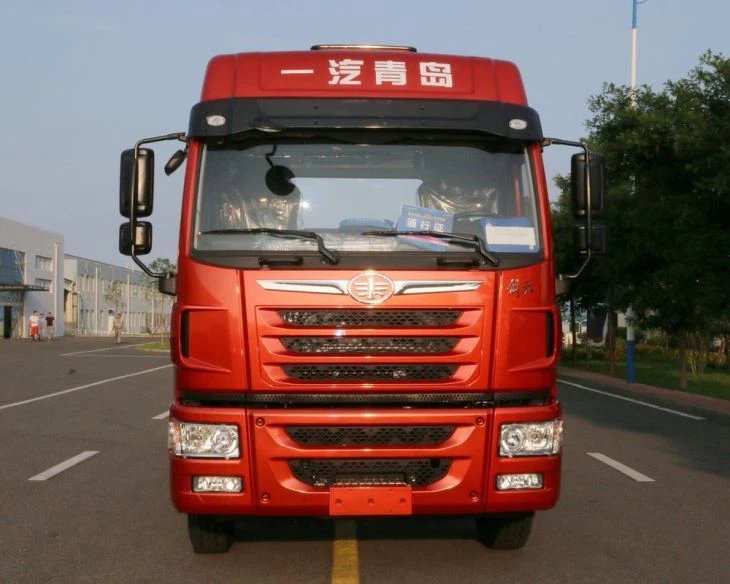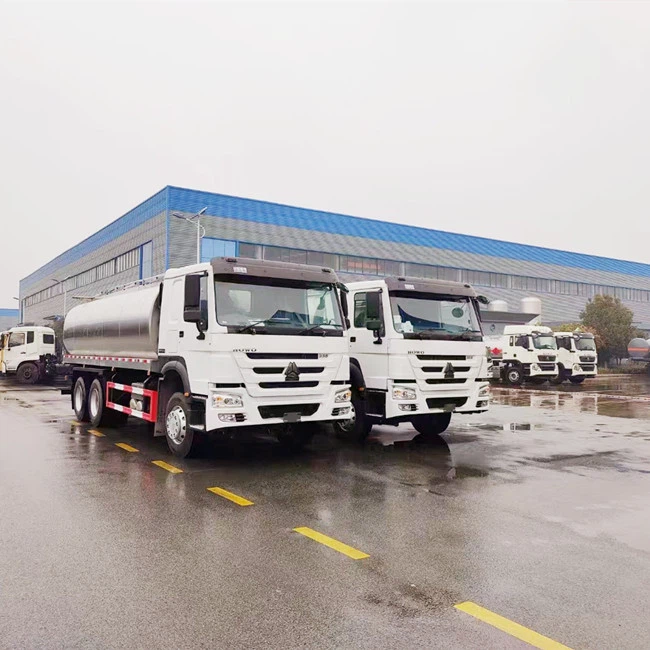The Tank Truck: An In-Depth Guide to the Modern Fuel Transport Solution

In the realm of logistics and transportation, tank trucks play a vital role, especially when it comes to the movement of liquids. This comprehensive guide will explore their types, uses, safety issues, regulations, maintenance tips, and much more.
What is a Tank Truck?
A tank truck is a motor vehicle designed to transport liquid cargo. These trucks are built with a tank as the main component, which can be cylindrical or spherical, depending on the type of liquid being transported. They are used for moving a wide range of liquids, from fuel and water to chemicals and food products.
Types of Tank Trucks
Depending on their intended use, tank trucks can vary greatly. Here are some common types:
1. Fuel Tank Trucks
Fuel tank trucks are designed to transport various types of fuels, including gasoline, diesel, and kerosene. They have specialized pumps and equipment to ensure safe and efficient loading and unloading.
2. Water Tank Trucks
These trucks are primarily used for transporting water, often for construction sites, firefighting, and agricultural needs. They come with different tank sizes depending on the demand.
3. Chemical Tank Trucks
Used for transporting hazardous chemicals, these tank trucks must meet strict compliance regulations. They usually feature specialized materials to prevent corrosion and leaks.
4. Food-Grade Tank Trucks
Designed for transporting food products, these trucks are subject to rigorous hygiene standards. They are often lined with materials that do not contaminate the food product being carried.
How Tank Trucks Work
Tank trucks operate through a combination of mechanical systems that ensure the safe transport of liquids. Here’s how they function:
Loading and Unloading
The process begins with loading the desired liquid into the tank. Most tank trucks are equipped with pumps that help transfer the liquid from storage tanks or refineries directly into the truck’s tank. Unloading entails either gravity flow or the use of pumps to transfer the liquid to its final destination.
Insulation and Heating
Some tank trucks are insulated or equipped with heating systems to maintain the temperature of the cargo, which is crucial for transporting materials sensitive to temperature changes, such as certain chemicals and food products.
Regulations and Compliance for Tank Trucks
Transporting liquids in tank trucks comes with a plethora of regulations to ensure safety and environmental protection.
Federal Regulations
In many countries, tank trucks must comply with specific federal regulations regarding their construction and operation. For instance, in the United States, the Department of Transportation (DOT) regulates the transport of hazardous materials.

Insurance Requirements

Tank truck operators are typically required to have insurance that covers potential spills and accidents. This is crucial for ensuring financial protection in case of unforeseen incidents.
Tank Truck Safety Tips
Safety is paramount when operating tank trucks. Here are some essential safety tips:
1. Regular Inspections

Conduct regular inspections of the truck and tank to identify and fix potential issues before they lead to accidents.
2. Proper Training
Ensure that all drivers and operators are fully trained on the hazards associated with transporting liquids and the specific protocols for loading and unloading.
3. Use of PPE
Personal Protective Equipment (PPE) should always be used when handling hazardous materials, including gloves, goggles, and protective clothing.
Table: Common PPE for Tank Truck Operators
| Type of PPE | Description |
|---|---|
| Gloves | Protective gloves to prevent skin contact with hazardous materials. |
| Goggles | Safety goggles to protect eyes from splashes. |
| Respirators | Respirators for use when handling volatile substances. |
| Boots | Waterproof boots to protect feet in the event of spills. |
Maintenance of Tank Trucks
Following a strict maintenance schedule is crucial for ensuring the safe and effective operation of tank trucks.
1. Regular Cleaning
Tank trucks must be cleaned regularly to prevent contamination, especially when switching from transporting one type of liquid to another.
2. Mechanical Checks
Carry out routine checks on the brakes, tires, and other mechanical components to ensure that they are functioning correctly.
3. Monitoring for Leaks
Perform routine checks for leaks in the tank and connections to avoid spills and maintain environmental compliance.
Examples of Tank Truck Applications
Tank trucks have diverse applications across industries. Here’s a look at a few notable examples:
1. Oil and Gas Industry
In the oil and gas sector, tank trucks are crucial for transporting crude oil, refined fuels, and natural gas liquids from production sites to refineries and distribution centers.
2. Agriculture
Farmers often rely on tank trucks for transporting water and fertilizers to various locations on their farms, thus supporting irrigation and crop maintenance.
3. Construction
In the construction industry, tank trucks provide water for dust control and site clean-up, which is vital for health and safety regulations.
Future Trends in Tank Truck Transportation
As technology evolves, so does the tank truck industry. Here are some trends shaping the future:
1. Automation and Telematics
Many companies are adopting automated systems and telematics to optimize routes, track fuel consumption, and enhance overall efficiency.
2. Environmental Regulations
Stricter regulations regarding emissions and spills are pushing the industry towards adopting greener technologies and practices, including electric and hydrogen-powered trucks.
FAQs About Tank Trucks
1. What is the capacity of a standard tank truck?
The capacity of a standard tank truck typically ranges between 5,000 to 11,000 gallons, although some specialized trucks can hold more.
2. What materials are tank trucks made of?
Tank trucks are often made of steel or aluminum, with specialized liners for transporting certain chemicals or food products.
3. How can I choose a reliable tank truck service?
When selecting a tank truck service, check for appropriate licenses, insurance, safety records, and customer reviews.
4. What training do tank truck drivers need?
Tank truck drivers need specialized training in handling hazardous materials, safety protocols, and vehicle operation.
5. What are the environmental concerns associated with tank trucks?
Environmental concerns include potential spills, leaks, and emissions, which can have detrimental effects on ecosystems and public health.
6. How do companies ensure the cleanliness of tank trucks?
Companies ensure cleanliness through routine cleaning protocols and inspections to prevent cross-contamination of different cargo types.
